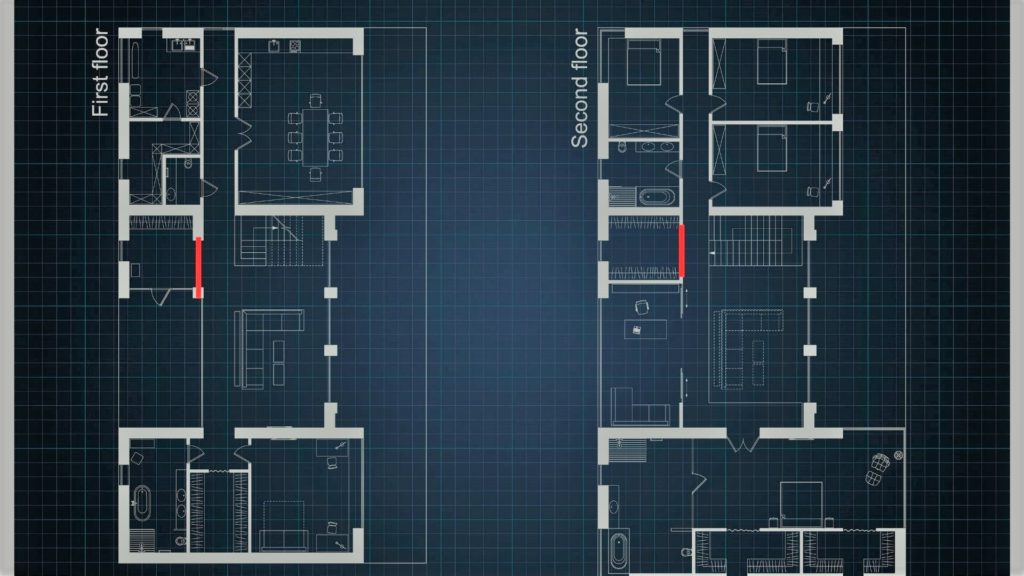[ad_1]
The Construction Innovation Hub has unveiled it’s D-COM project, in partnership with Cardiff University’s Digital Compliance Network, which will use technology to untangle complex compliance checking processes
D-COM was developed in wake of the Hackitt Report and Building Safety Act, and opens the door for innovative approaches to digitalise compliance checking, enables automation, reduces errors, makes cost and time savings, and ultimately improves building safety.
The D-COM project is part of the Hub’s drive for digital transformation in the construction industry, strengthening the case for change and developing guidance and tools to encourage organisations to benefit from data-driven decision-making and secure, resilient data sharing.
D-COM will digitalise Approved Documents
The basis of D-COM is the digitisation of Approved Documents, so they are machine-readable and easier to compare against building and product information.
This will make information more accessible and drive greater and more consistent levels of compliance.
The D-COM project will provide tools and APIs for the automated determination of changes to Approved Documents, identify applicable rules related to any building or product based on the analysis of the approved documents and help relate applicable compliance to data within BIM.
Tools will also be included that create audit trails of compliance checks which will help in fulfilling requirements for Golden Threads for buildings.
D-COM will develop a digital compliance ecosystem
Dr. Ahmed Alnagger, The Hub’s digital construction lead, commented: “Creating that confident relationship between our buildings, linear infrastructure and trust of those who use them is essential. This connection needs a clear line-of-sight between our built assets and compliance with regulatory frameworks.
“To support these drivers for change, the Hub has partnered up with Cardiff University and its D-COM Network, including partners AEC3 UK, Solibri UK and PIF, to develop a “digital compliance ecosystem” to support construction firms in piloting the complex regulatory landscape with better ease and certainty supported by the digitisation of the regulatory compliance process.”
The project demonstrates the power of machine-readable construction guidance
Dr Thomas Beach, reader at Cardiff University and D-COM Network leader added: “The successful development and demonstration of our prototype demonstrates the power of machine-readable construction guidance.
“This includes the ability to visualise and interrogate changes between document versions, as well as searching and drawing together all clauses focused on key concepts across the different documents that make up the UK construction regulatory landscape.
“This project has shown that semi-automated checking of building designs is feasible now and that its feasibility will grow as Information Management adoption increases.
“Furthermore, it has shown that there is a large number of high-quality tools that assist in the compliance checking process already available – what is needed is the ability to integrate these tools. This is a task that the prototype developed in the project is able to do well, integrating the text of the approved documents, high-level decision making and technical compliance checking tools, to provide a complete compliance checking solution.”
[ad_2]
Source link

